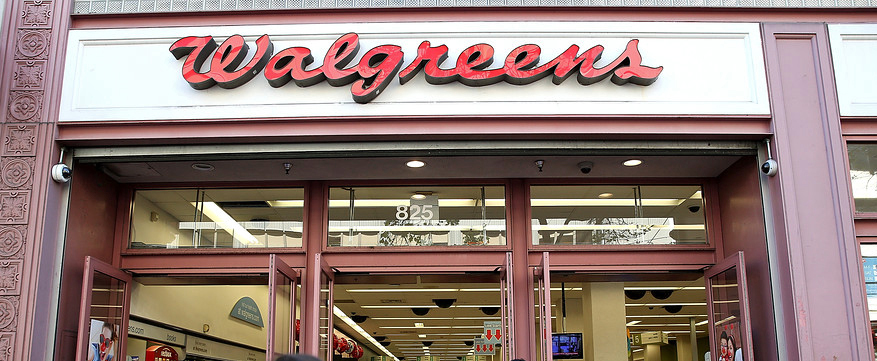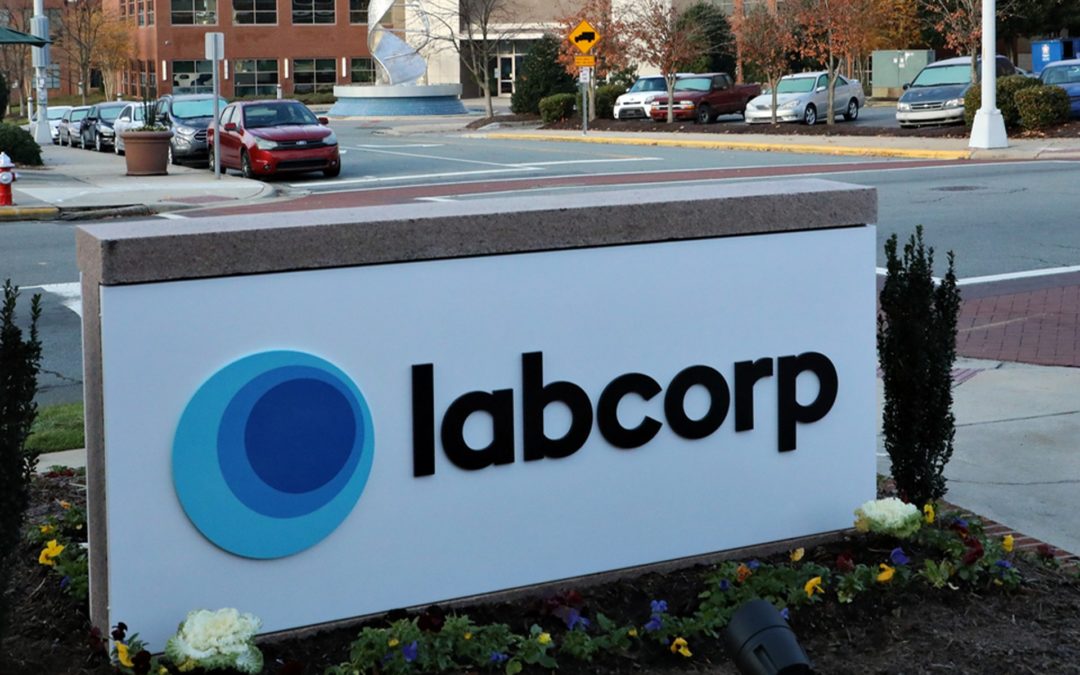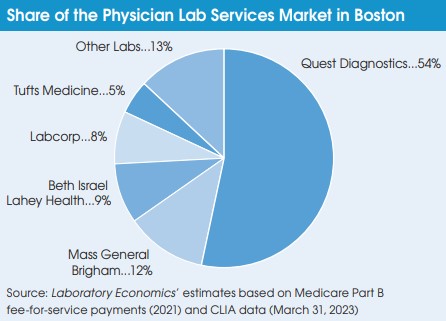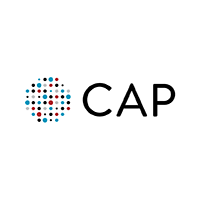
Pathologist Job Openings Remain Near Record-High
Pathologist Job Openings Remain Near Record-High
The biggest online job board for pathologists, PathologyOutlines.com, currently has 705 pathologist jobs listed. That’s near the site’s all-time record of 706 pathologist job ads reached in February 2022. Prior to 2020, the average number of job openings was between 300 and 400.
Rich Cornell, President and Founder of the life sciences recruiting firm Santé Consulting (St. Louis, MO), says it’s important for labs to understand that the shortage is not going away soon. Cornell says, “Labs must establish an internal sense of urgency in the hiring process in order to hire effectively in this market. The total actual number of U.S. pathologist openings is currently closer to 1,000 when including jobs that are not advertised on PathologyOutlines.com. The biggest competition exists for jobs in the subspecialties in highest demand: cytopathology, hematopathology and gastrointestinal.
According to Cornell, only about 600 pathologist residents and fellows graduate each year. A large percentage of those graduates will require visa sponsorship, but only about 1/3 of visa requests will likely get accepted. In other words, the market is out of balance and will continue this way for the next several years, says Cornell.
So what should labs do in this tight job market? Cornell says it boils down to these two things:
1. The interview-to-hire ratio has changed. Pathology practices should expect to interview an average of five candidates in order to successfully hire one pathologist. That’s the new average.
2. Young millennial pathologists (age 27-42 years) are seeking low stress working environments and a quick interview timeframe. They expect offers within 48 hours after an interview. The timng and pace of your offer are crucial once the interview takes place.
How are other labs advertising for pathologist openings in light of this severe shortage? Here are some recent examples from PathologyOutlines.com:
$100K Sign-On Bonus
A large independent pathology practice in Connecticut is offering $100,000 sign-on bonuses in an effort to hire one or more full-time surgical pathologists with subspecialty training in gastrointestinal pathology, breast or hematopathology. The annual salary range is highly competitive with four weeks vacation. Current fellows, pathologists straight out of fellowships and experienced pathologists are encouraged to apply.
22 Pathologists Needed at HCA Healthcare
HCA Healthcare has ads for 22 pathologist job openings—mostly for its hospitals in Florida, Georgia and Texas. HCA Healthcare is offering sign-on bonuses of up to $30,000. Other organizations with a large number of job ads include Sonic Healthcare (21 pathologist openings), Rutgers New Jersey Medical School (11 openings) and Northwell Health in New York (10 openings).
Cornell says that many groups are struggling because of their hiring process, or lack thereof. “We recently worked with a large healthcare system with more than 20 pathologists. They needed four additional pathologists to handle their workload volume increases. However, their internal process prevented them from being successful. They would take 4 weeks to make an offer once the interview had occurred. Candidates would lose interest because they were left waiting for too long after they were interviewed. Younger candidates expect feedback from employers immediately following the interview.”




